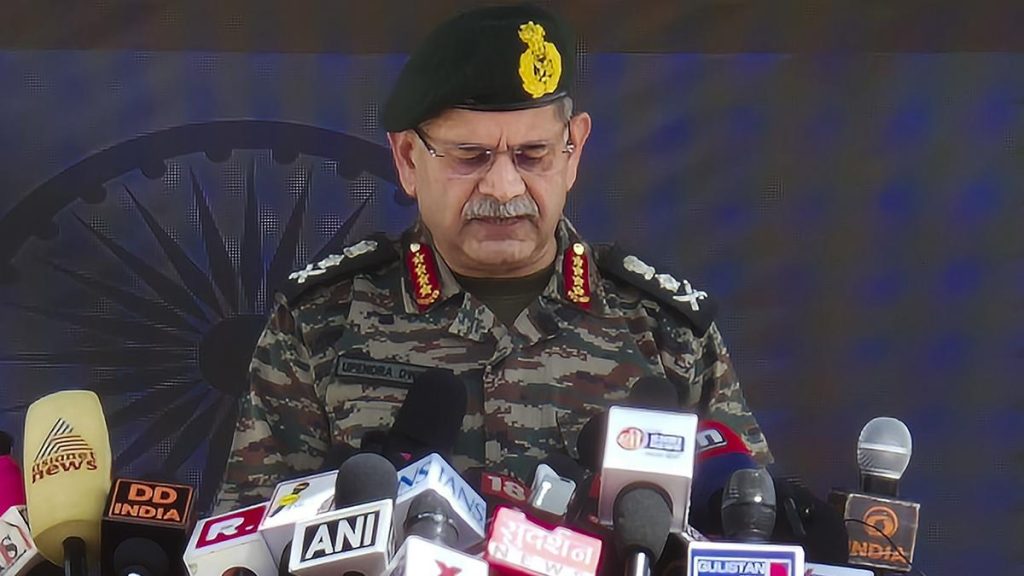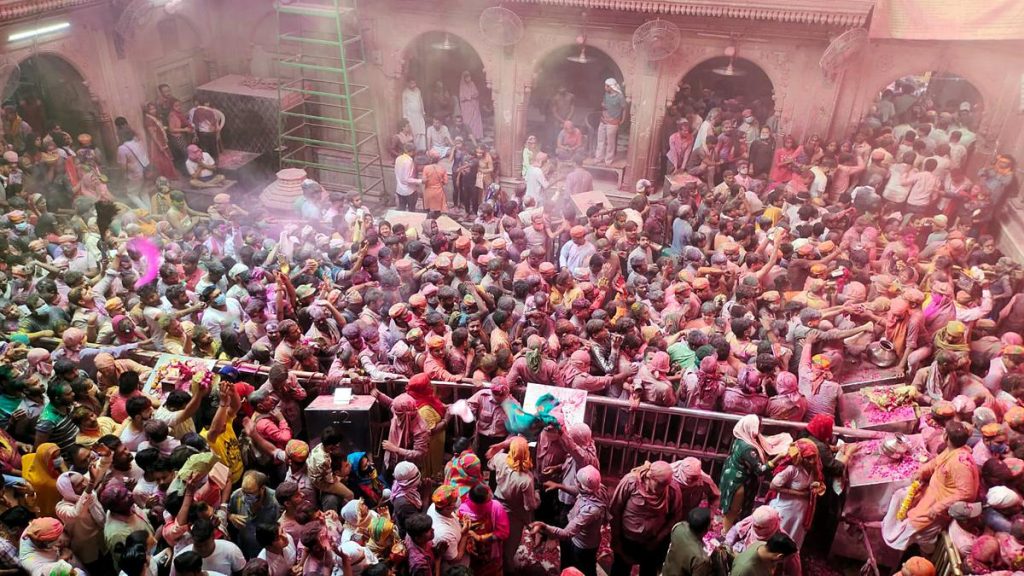Now Reading: Judge Urges PLA for Swift Resolution of Disputes
-
01
Judge Urges PLA for Swift Resolution of Disputes
Judge Urges PLA for Swift Resolution of Disputes
Quick Summary
- S.N.Chavhan, District Judge and Chairman of the Permanent Lok Adalat (PLA) in Kalaburagi, encouraged citizens to file public service grievances with the PLA for quick, amicable resolutions without court fees on cases valued up to ₹1 crore.
- Kalaburagi PLA is one of five in Karnataka and has resolved the highest number of cases among them since its establishment in 2007-consistently disposing of around 240-250 cases monthly since 2024.
- The PLA resolves disputes involving public utility services such as transport, water supply, telecommunication, electricity, insurance claims, real estate dealings, education-related issues (school/college admissions), postal services, municipal garbage disposal concerns, among others.
- Applicants must submit relevant documents and details about the concerned agency or department for preliminary verification before initiating a compromise-based settlement process via mutual negotiation.
- The Kalaburagi PLA Bench includes a District Judge as chairperson and two advocate members to ensure efficient conciliation rather than prolonged litigation processes.
Indian Opinion Analysis
The Permanent Lok Adalat initiative in Kalaburagi stands as a vital mechanism for addressing everyday grievances tied to essential public services efficiently and cost-effectively. By eliminating court fees for disputes under ₹1 crore and emphasizing mutual compromise over litigation delays, this approach creates accessible pathways for justice that benefit ordinary citizens significantly-especially those deterred by traditional judicial timelines or costs.
The reported success rate of resolving approximately 240-250 cases monthly underscores its operational efficiency compared to conventional legal avenues. Expanding awareness about its scope-including municipal complaints like garbage disposal-may further enrich grassroots participation across sectors often fraught with bureaucratic backlog.
This proactive push by judicial authorities reflects efforts toward decentralizing justice delivery systems while empowering citizens within local frameworks-a model worth closer evaluation for scalability across India’s broader justice landscape.
Read more: Source

























